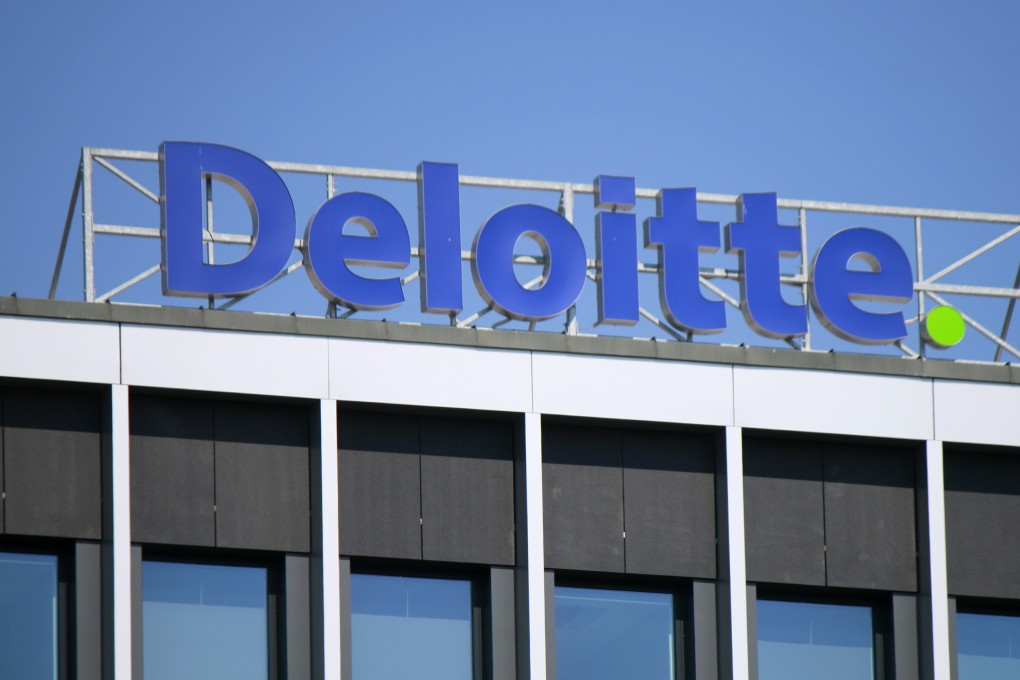Asia-Pacific firms more vigilant about investments amid geopolitics: Deloitte survey
- Asia-Pacific companies are monitoring their portfolios more closely than before as pressure mounts due to geopolitical tensions and rifts in supply chains, Deloitte says

Asia-Pacific companies are monitoring their portfolios more closely than before amid mounting pressures to review underperforming assets, divest noncore businesses and adopt ‘greener’ investments, according to a recent survey by Deloitte.
The survey said geopolitical tensions and rifts in global supply chains are forcing managers to act quickly to divest or engage with partners that could create value.
“The forces reshaping the global economy are profoundly impacting companies across Asia-Pacific,” said Jiak See Ng, Deloitte Asia-Pacific’s strategy, risk and transactions leader. “Whether it’s geopolitical tensions, sustainability imperatives, or investor pressures, businesses must be proactive in rebalancing their portfolios to remain competitive and divestment ready,” she added.
The survey was conducted among 250 executives across the region from private and public companies who manage portfolios of at least US$1 billion.
Nearly 60 per cent of the companies surveyed are reassessing their portfolio performances at least twice a year, an increase from 46 per cent in 2022. Meanwhile, 79 per cent of executives said they expected to make two or more divestments in the next 18 months.
Nearly all executives surveyed have abandoned a sale in the last 12 to 18 months, while 99 per cent of respondents are considering at least one alternative exit strategy compared with the conventional practice of an outright sale.